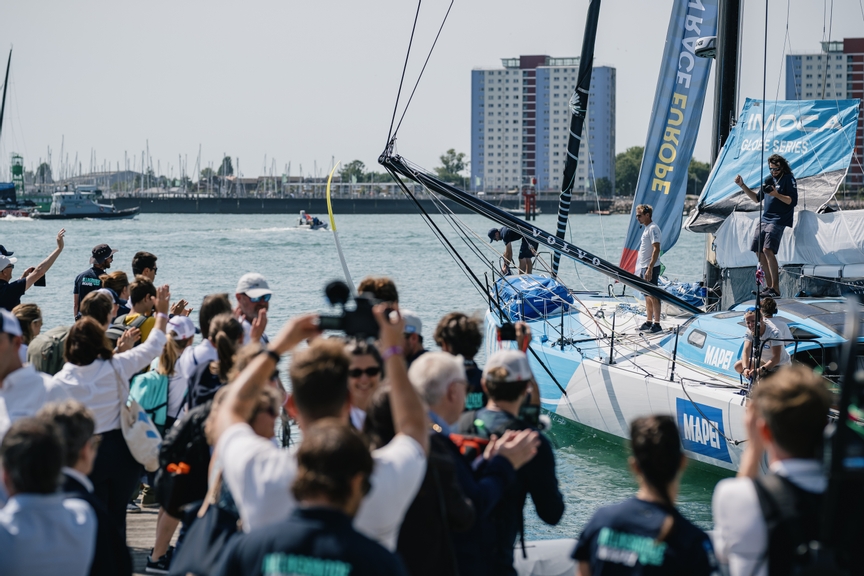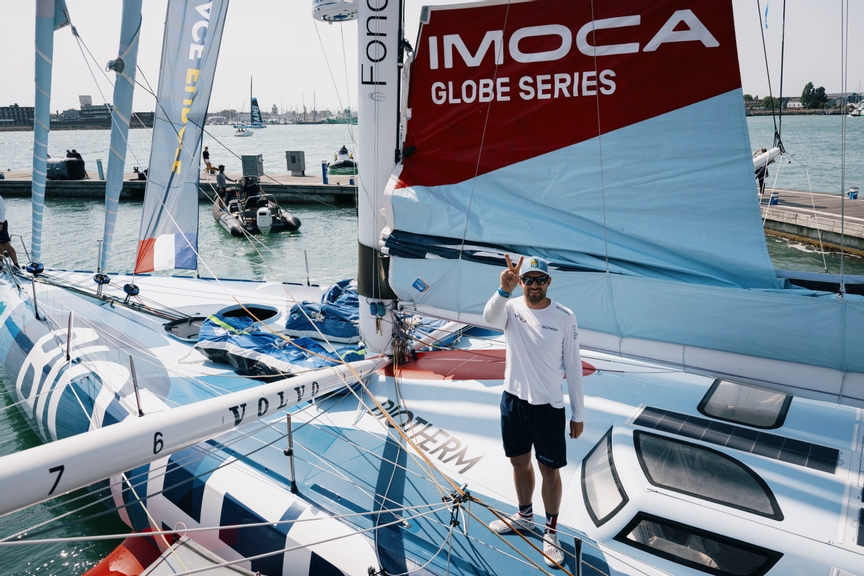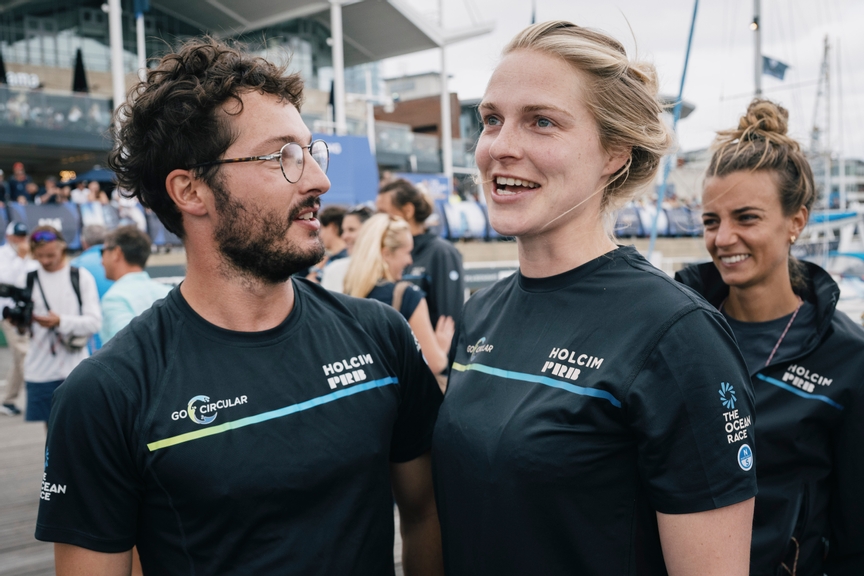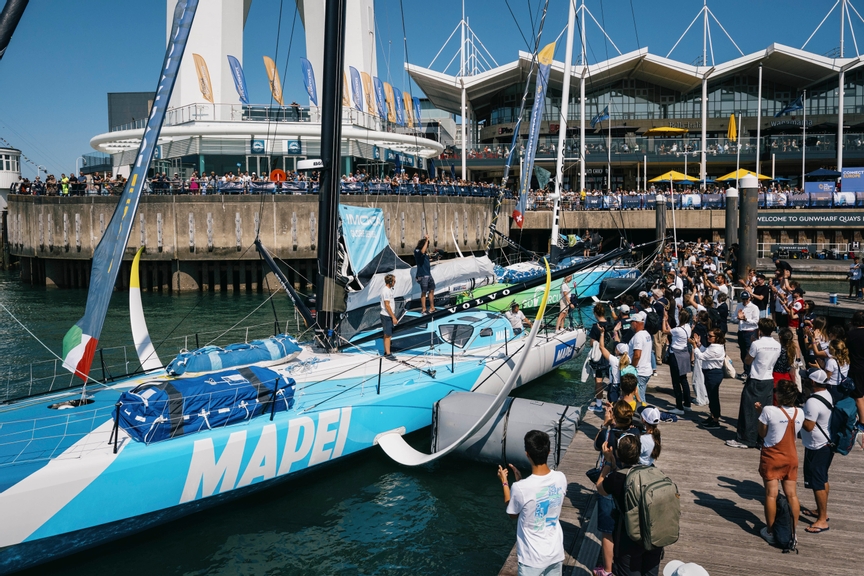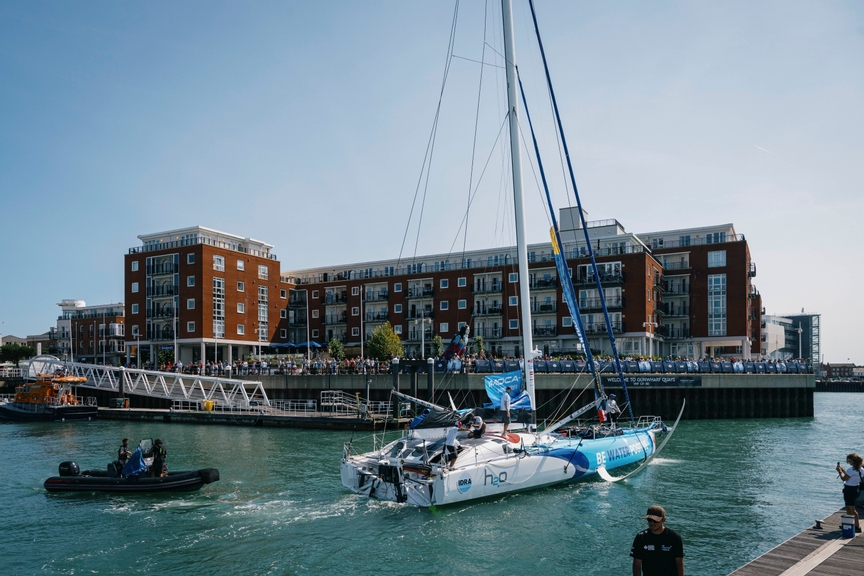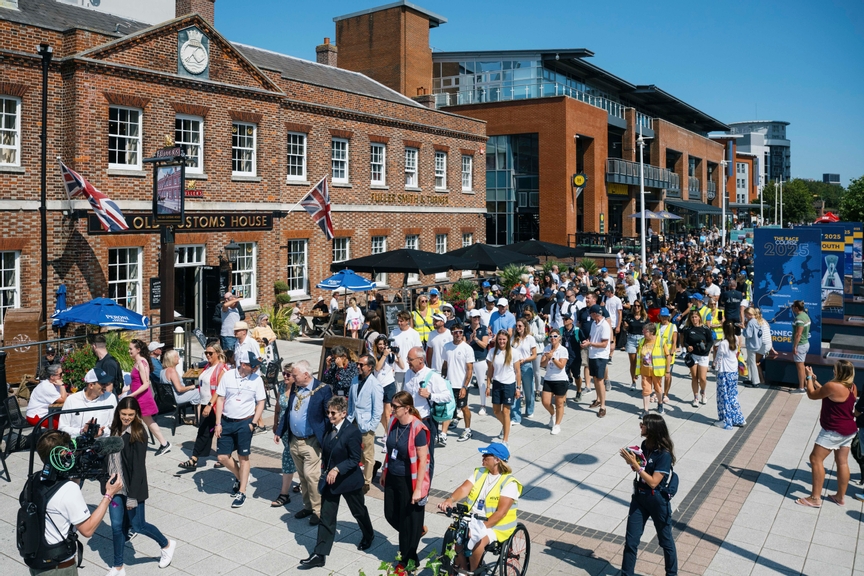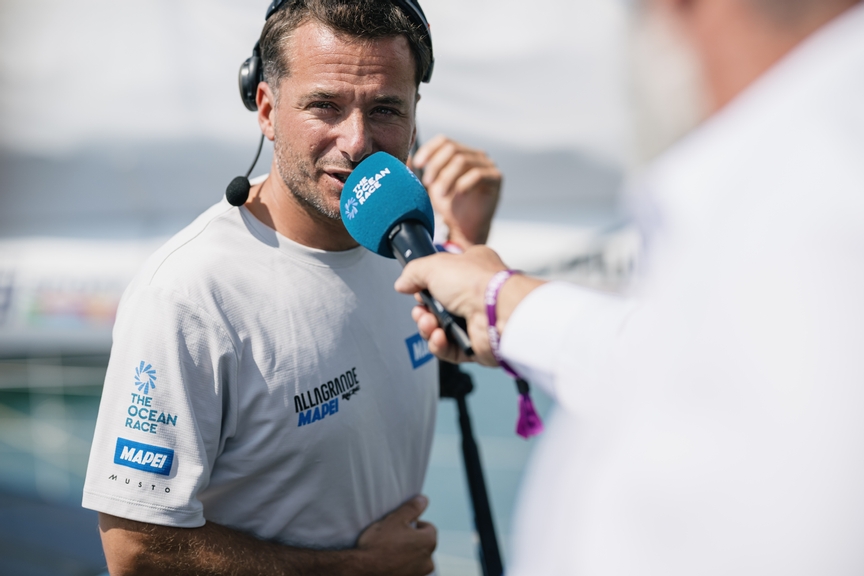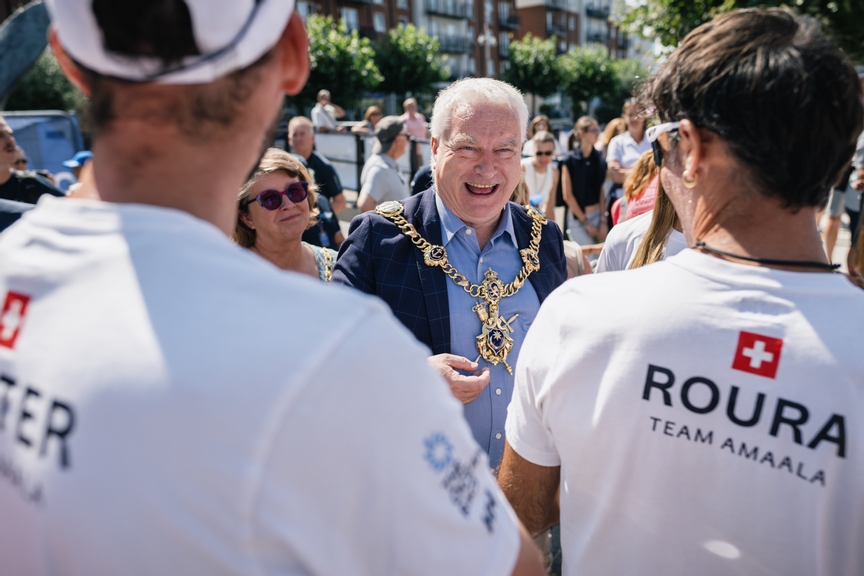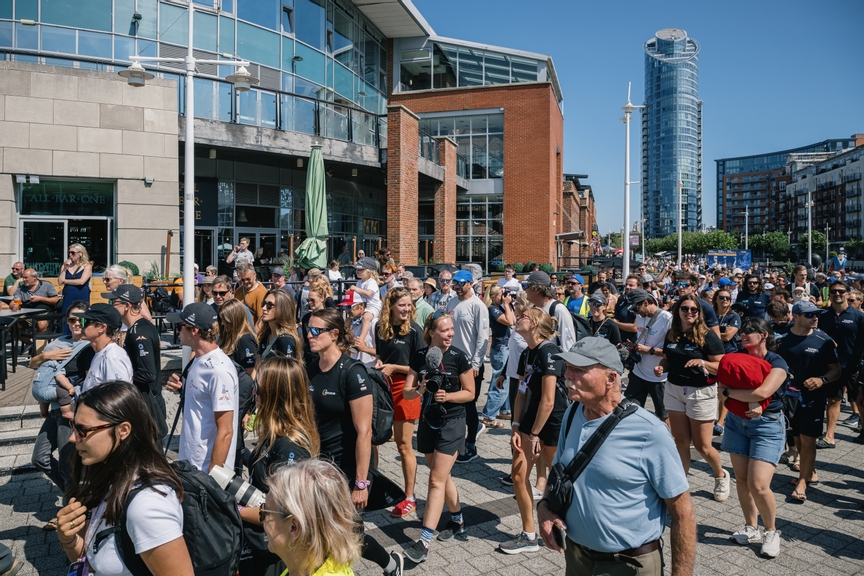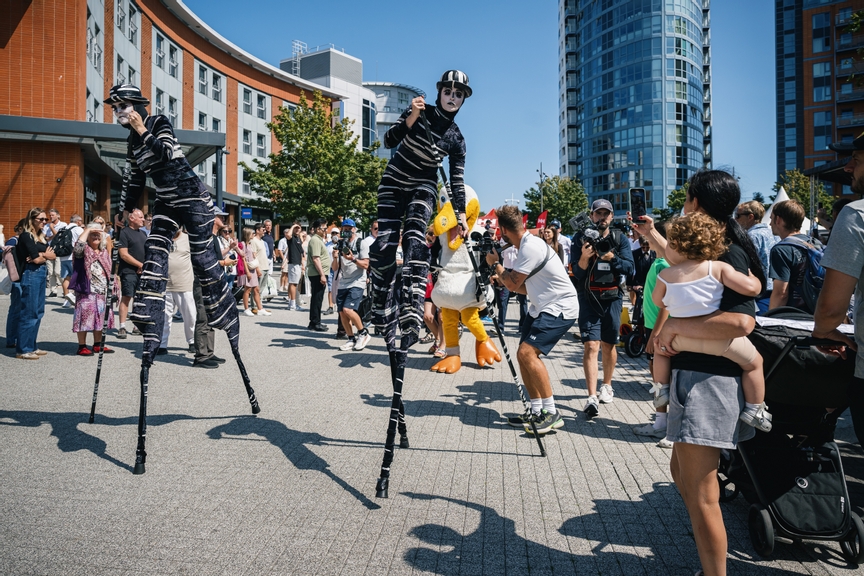The Ocean Race Europe - Leg 2: A Fresh Start
The seven teams of The Ocean Race will sail from Portsmouth this Sunday afternoon for the second stage of The Ocean Race Europe. At over 1,000 nautical miles, it’s the longest and most demanding leg of the competition, taking the fleet through the English Channel, across the Bay of Biscay, via a three-hour Fly By / Quick Stop in Matosinhos-Porto, before finishing in Cartagena.
With all boats back on the start line and seven highly motivated crews, five days of intense competition lie ahead. Before leaving the dock, Paul Meilhat (Biotherm), Franck Cammas (Holcim-PRB) and Morgan Lagravière (Allagrande Mapei Racing) shared their thoughts.
Bouncing back after Kiel
For Holcim-PRB and Allagrande Mapei Racing, this stage carries special meaning. Just one week ago, both boats were damaged in a collision in Kiel. Against the odds, both are now fully repaired and ready to race again.
“I can hardly believe we managed to overcome this challenge and that we’re able to be at the start,” said Rosalin Kuiper. Ambrogio Beccaria added: “We really thought it was over. Now that it’s behind us, it’s going to push us to give our very best.”
Renewed motivation
The determination was clear on the dock this morning. “We’re arriving fairly fresh and obviously very focused,” said Franck Cammas.
Morgan Lagravière, about to race his first ever leg of The Ocean Race, echoed the excitement: “We were all frustrated with the previous start, so now we’re really happy to be heading back to sea, getting back into competition and measuring ourselves against the others.”
Meanwhile, current leader Biotherm is taking a calmer approach. “Being in first place naturally takes away some of the pressure, we’re just trying to stay relaxed,” explained skipper Paul Meilhat. “But this will be a completely different fight — there are two more boats on the line and the conditions will be nothing like the first leg.”
A challenging course ahead
The skippers expect a tough opening. “It’s the longest leg and we’re going to face many different conditions,” said Cammas. “There will be a windy first night and tough conditions straight away, followed by a light wind zone off Ushant.”
According to Lagravière, the stage also offers more tactical freedom: “We’ll have more room to maneuver and fewer constraints than in the first leg.”
The run down to Porto could resemble a Solitaire du Figaro stage, says Meilhat: “The fact that the leg will be neutralized for three hours will be interesting — it’s a points race that becomes a time race!”
The final stretch will test the sailors to the end. Passing through Gibraltar and into the Mediterranean, “conditions are always very unpredictable,” said Lagravière with a smile.
Cammas agreed: “It should be very inconsistent, which forces us to stay sharp. The result could be decided in the last 100 miles, so we’ll need to be at our best at that moment.”
As Lagravière summed up: “We’re getting back some uncertainty, some unpredictability — that’s the joy of sailing and offshore racing. And that’s why we’re here.”
